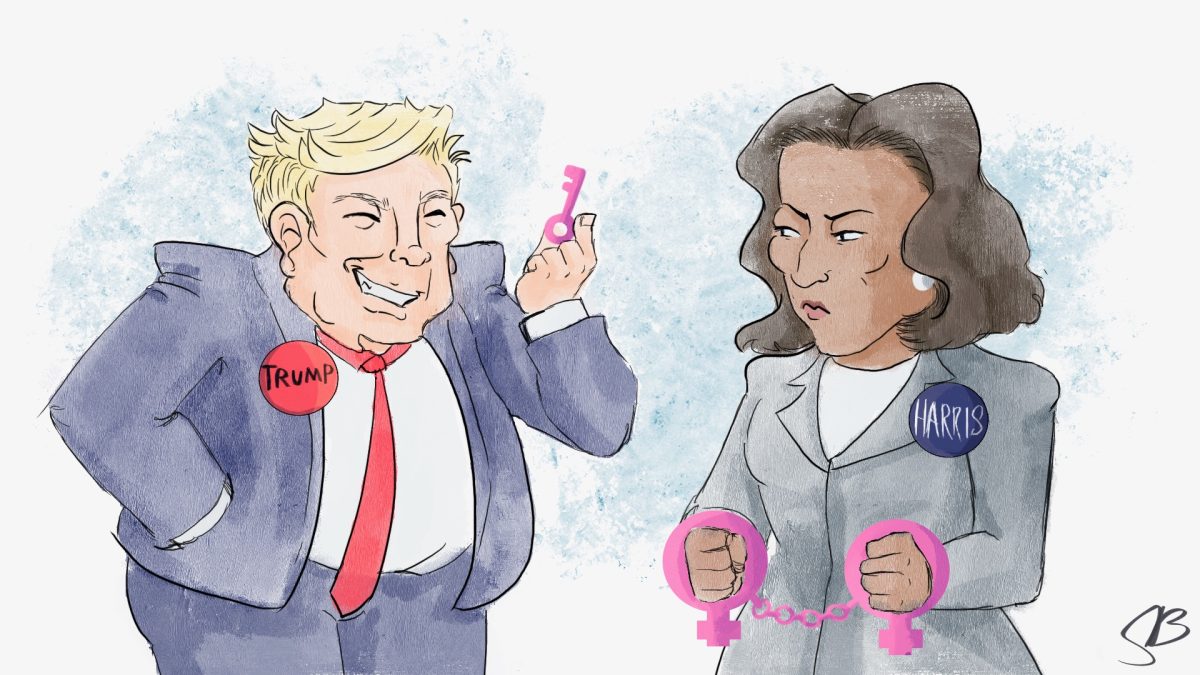Everyone thinks they’re special. But this observation doesn’t mean that nothing is, in fact, special. Religion is special. Many people would fight and die for their religion; they say that their religion is the most important thing in their lives; they put their religious affiliation on their gravestones. Religion is an inescapably integral part of many of the wars that are going on in the world right now. People kill other people for religion; even schoolteachers like myself have been killed recently because of religion.
Critical thinking is also special. It’s what the Enlightenment was built on; it’s what science is based on; it’s what school, and particularly university, is supposed to teach. Combining the two incredibly potent forces of religion and critical thinking quite possibly may be, particularly at this moment in time, the only thing that can save the world. And the only place in the world where these two things are objectively and transparently combined is in a university classroom, most specifically in a Religious Studies course. You might get a glimpse of religion in high school, but not much, because many, if not most, parents would not allow it. Religion is a personal choice, after all, a matter of opinion. Which is true, until you kill or get killed for it, in which case it’s not.
My boss, and my boss’s boss, do not agree with the above two paragraphs. To them, “critical thinking” means being “data driven” and only data driven. I think being data driven is great, but I also think being only data driven is not great. There is quantity and there is quality. Quality is sometimes hard to quantify. But just because it is sometimes difficult, or perhaps even impossible, to quantify quality, that doesn’t mean that quality doesn’t exist. It just means that people who are only data driven cannot see it or understand it. Religion (or the lack of it) has to do with quality of life, not with the quantity of money you hope to make after graduation.
The WKU Religious Studies program is going away because my boss and my boss’s boss think religion is not special and should be evaluated in the same way that other academic departments are assessed: by the quantifiable number of majors it has. What they fail to see is that while a physics major can become a physicist, an engineering major can become an engineer, a business major can become a businessperson, a music major can become a musician and an art major can become an artist, a religion major cannot become a religionist, because there’s no such thing. Why, then, can’t the religious studies program be assessed solely on the number of students that take classes in Religion? Based on student credit hour production (SCHP), we four religion faculty more than pull our weight, financially speaking. Religion is special, then, not only because most humans say it is the most important thing in their lives, but also because taking a Religion course will not get you a job, but it just might help save the planet, not least from those who kill and rape, or even exclude and alienate, because of religion.
University used to be for job training and mind broadening. The latter is why Colonnade exists. Some students only want job training and think broadening their mind is a waste of time. Historically, such job training is what trade schools have been for, but now more and more Americans are seeing university as solely for job training (And maybe something called “the university experience”: dorm life, cafeterias, and Go Tops!). And if university students collectively decide that Shakespeare or Buddhism or Plato aren’t worth their time, then so be it: the people have spoken. But I don’t think they have decided that yet; I think a majority of students still do want to broaden their minds with Colonnade courses of their choosing.
But these “data-driven” administrators do not care. They want university graduates to be skilled workers who get good jobs (which I agree with), but who do not think about why, for example, the Jan. 6 protesters/rioters, upon reaching the innermost room of the capitol building, took their hats off and bowed their heads in prayer; or why Samual Paty was beheaded by religious believers; or why Buddhists in Burma are killing Muslims. No, these WKU administrators say those are just matters of opinion, and not nearly as important as getting a job at Fruit of the Loom or learning how to engineer an electric car battery. But why not do both?
If student enrollment declines, then it is only logical to cut some academic programs. I understand supply and demand, as well as the arithmetic of budgets. But whereas you can go to a technical college for engineering or business, or turn to a private tutor for music or art, there is nowhere but a university and no one but a professor to whom you can turn for an objective, critical-minded assessment of religion. My classes always fill and students enjoy thinking about the eternal problems that religion raises. If you want to preserve this opportunity—if you think religion is special and that learning about it objectively and with critical thinking merits special consideration in assessing the Religion program—consider talking to my boss, and my boss’s boss. Perhaps you will succeed where I have failed.
Paul Fischer teaches World Religions, The Meaning of Life, Buddhism, Confucianism, and Daoism in the Religious Studies program; Intro to Asian Studies in the Asian Religions and Cultures program; and Traditional East Asia, and Chinese History and Historiography in the History program.
If you would like to submit a reaction to a piece, Letter to the Editor or other submission, please send it to commentary editor Price Wilborn at [email protected] or [email protected].















